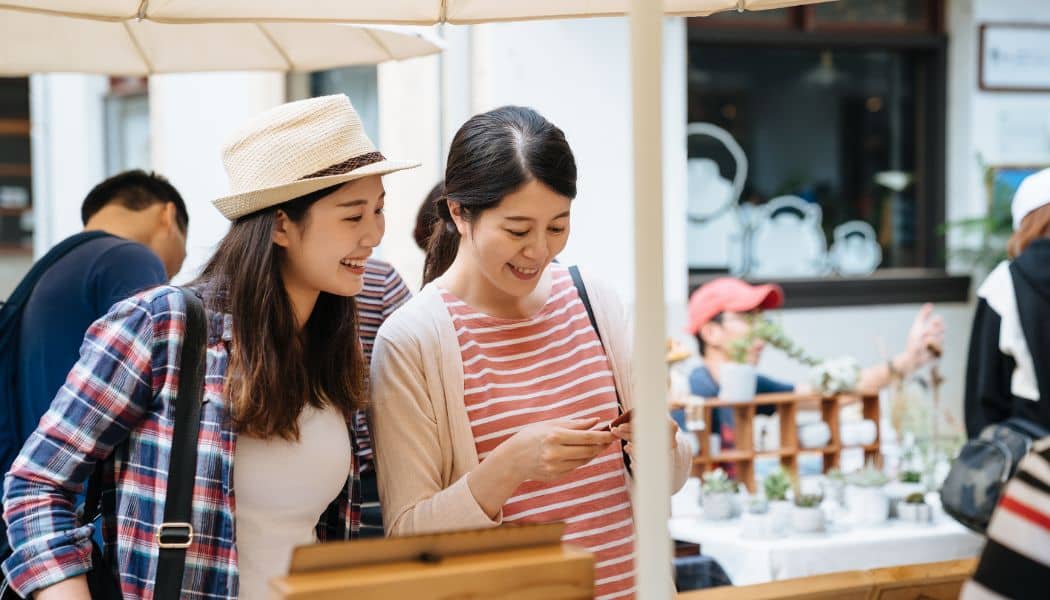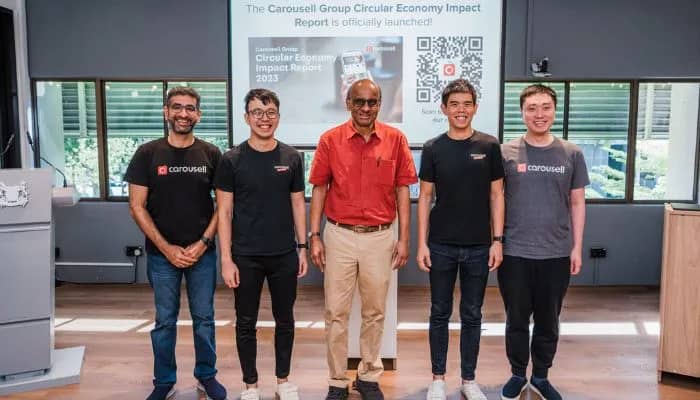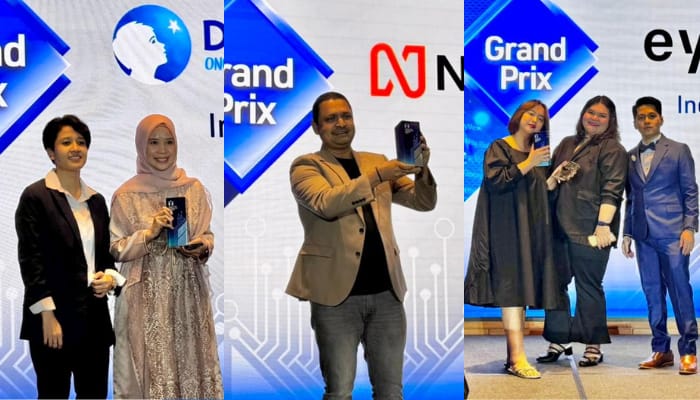South Korea – Rather than splurging on brand-new designer items, a growing number of South Koreans, particularly younger generations, are embracing the flourishing second-hand market for luxury finds, according to a report by Canvas8.
Canvas8 reports that South Korea’s resale market for second-hand luxury has experienced remarkable growth, surging from ₩4t ($2.9b) in 2008 to a projected ₩43t ($31.2b) by 2025. Major platforms like Karrot, Bunjang, and Joonggonara, each boasting millions of active users, have propelled South Korea to become one of the world’s leading markets for second-hand goods, outpacing other major economies in both scale and cultural significance.
To explore this growing trend, the report examined potential economic factors and evolving consumer attitudes shaping the market.
The report highlights that the rise of second-hand luxury in South Korea is driven not only by evolving consumer preferences but also by broader economic trends. With the nation’s economy slowing, tighter budgets have made pre-owned luxury goods, often available at a fraction of retail prices, an appealing and practical alternative to brand-new items.
This economic shift is particularly evident among South Korea’s Gen MZ—a term referring to millennials and Gen Z born between 1980 and 2005—who are leading the charge toward second-hand luxury. This trend underscores a significant transformation in consumer values, as status, savings, and eco-consciousness emerge as the new currency in the country’s thriving resale market.
“While GDP growth remains strong at around 2.5–2.7%, it’s mostly driven by the export sector… The unfavourable economic situation makes many people reconsider their consumption patterns with regard to luxury,” Dr. Irina Korgun, PhD., a professor at Hankuk University of Foreign Studies, explained.
The report also highlights that younger generations are driving this shift in mindset. Rather than seeing luxury purchases as symbols of lifelong ownership, they are adopting an “experience-first” approach—enjoying luxury items before reselling them, thereby making high-end fashion more accessible and dynamic.
Jaewha Choi, CEO of Bunjang, said, “These generations ‘experience’ luxury goods and quickly resell them rather than patiently save to buy new products and ‘own’ them forever.” This preference for accessibility and sustainability is reshaping the market and challenging traditional notions of luxury consumption.
Beyond economic factors, Canvas8 also found that a growing sense of environmental consciousness is also driving the appeal of second-hand luxury. Sustainability, along with the thrill of the hunt, plays a pivotal role in shaping consumer behaviour.
Seah Joo, director of business development at Madeleine Memory Inc., remarked, “Consumers enjoy the hunt to find second hand products. It shows the diversification of preferences in Korean consumers as well as the sentiment that puts self-satisfaction over attention.”
Moreover, South Korea’s second-hand market is becoming an increasingly lucrative opportunity for savvy resellers. Beyond savings, some are now treating resale as a strategic investment.
Another key finding of the report is that, despite the growing enthusiasm for second-hand shopping, concerns over the security of online transactions are rising, particularly as fraud cases increase in the country.
Canvas8 found that in 2023, more than 1.34 million counterfeit products were imported into South Korea, with bags, shoes, and electronics being the most commonly targeted items. The rise in fraud cases has prompted platforms like Bunjang to strengthen their security features.
Shinae Lee, head of communications at Bunjang, emphasized, “We’ve been eliminating buyer risk, solving pain points throughout the whole e-commerce journey on our platform, and educating our consumers, to change people’s perception that second hand shopping is risky.”
The report highlights that with growing environmental awareness and the appeal of affordable luxury, South Korea’s second-hand market is set for continued growth. Platforms like Instagram and TikTok have redefined second-hand items, transforming them from symbols of financial struggle into sought-after vintage treasures.
Canvas8 further notes that brands are recognizing the potential of the second-hand luxury market. Major department stores like Lotte, Shinsegae, and Hyundai have created spaces for pre-owned luxury goods to cater to Gen MZ shoppers, who value exclusivity and sustainability and represent key future purchasing power.
Nick Morris, UK-based founder and managing director of Canvas8, said, “As the second hand luxury market evolves, it’s clear that South Koreans are no longer just looking for high-end goods—they are redefining what it means to shop for luxury, with an eye on both sustainability and security. With a growing market, rising consumer education, and innovative platform solutions, pre-loved luxury is here to stay in South Korea.”


















